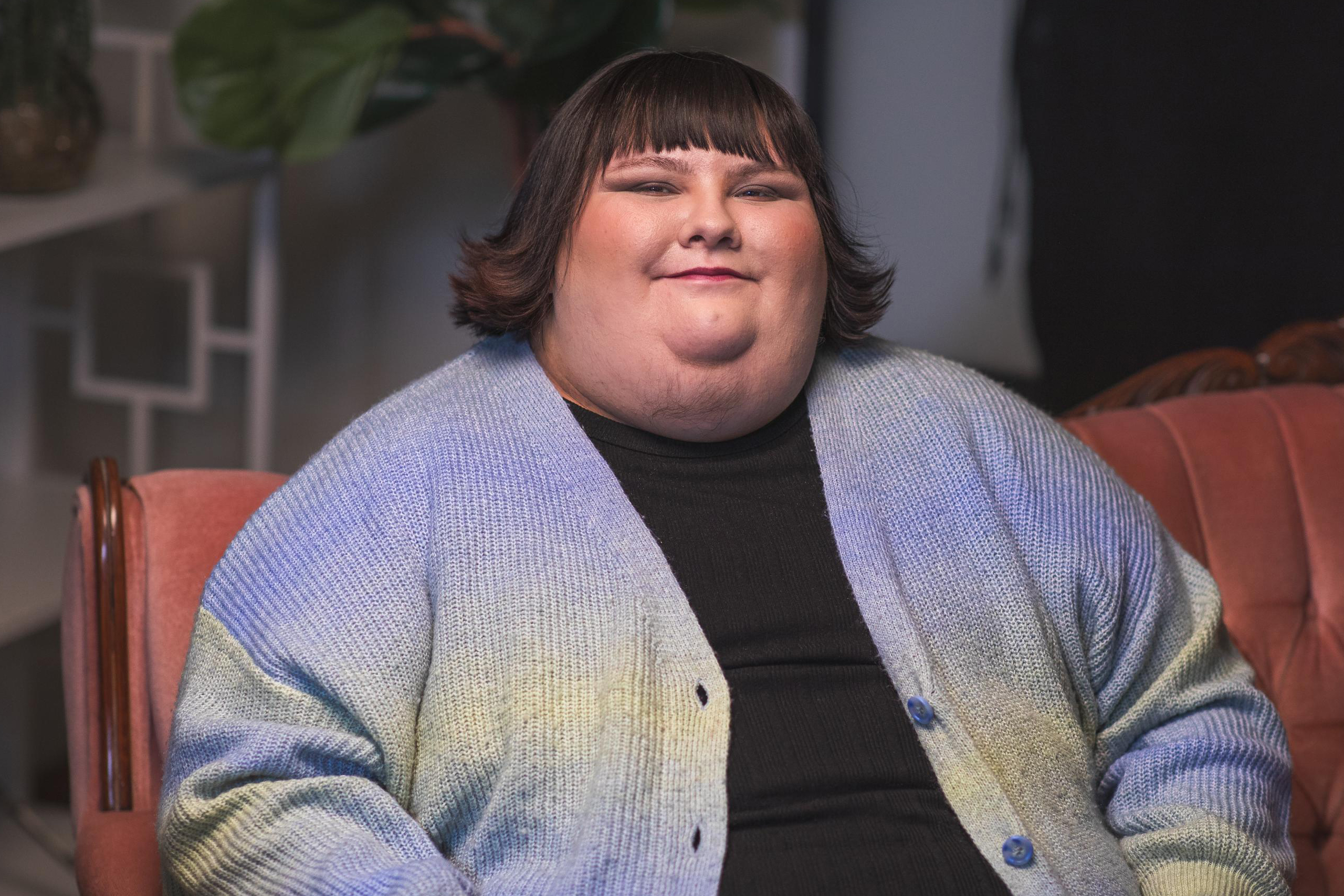Meet Cuso’s Northern Indigenous Program Specialists based in Iqaluit, Nunavut: Delaney (Del).
Story

Even at a young age, Del knew they wanted to be involved with helping the people in their community.
Del started with organizing their first fundraiser, a teddy bear drive. Joining their mother, an avid volunteer, Del started volunteering with events like Relay for Life.
“It’s always been something that I’ve been very interested in.”
Since then, Del has worked for numerous organizations, working to protect people’s rights. Especially, Del works with youth and creating an environment where mental health is fostered. This includes making people more aware of available resources.
Whether it be volunteering at the soup kitchen or a local event, Del knows the importance of having food incorporated.
“So many people struggle with food insecurity,” said Del. “I think it’s really important to feed the community when I can and make sure that events have food as an option. Because can you really come to an event fully present if you’re hungry?”
Through all the work Del does in the community, one of the biggest barriers they see is the history of Residential Schools. The suicide risk is also a barrier. There’s also a never-ending level of trauma; a never-ending line of issues coming at young people in the community and it can be difficult to recover from trauma when you are consistently going through it.
There is a lot of work being done to impact those barriers, but Del feels the community needs to see the government show up more. This includes funding to programs that aim to reduce food costs, and housing for people already in the community. Bullying rates need to go down and the community needs to see more programming for teenagers beyond sports, such as arts-based programs. There should also be a mentorship program with teenagers in the community, said Del.
“Not only is there that positive influence, its someone they can rely on, and they feel they can rely on. Someone they can build a relationship with who’s lived in the community, who’s not going to leave, someone who’s dedicated to living here and staying here and being present in their life consistently.”
Del has seen encouraging changes in the community, especially in how attitudes toward gender identity have become more inclusive.
“In a time right now when we see so much rising hatred and combating against equity and equality and human rights and diversity and inclusion and all these things being challenged by far-right extremists particularly, I really believe that it’s crucial that we not give up hope. Giving up hope is exactly what they want us to do, and we can’t do that because if we want to see an equitable world, we need to be willing to fight for it and that means holding on to hope,” they said.
“We owe it to the people who come after us and we owe it to the people we love and we owe it to ourselves. We owe ourselves a better future and a hopeful future… you can do a lot just by holding onto that hope and helping one person. Even if you help just one person, I think that’s enough.”